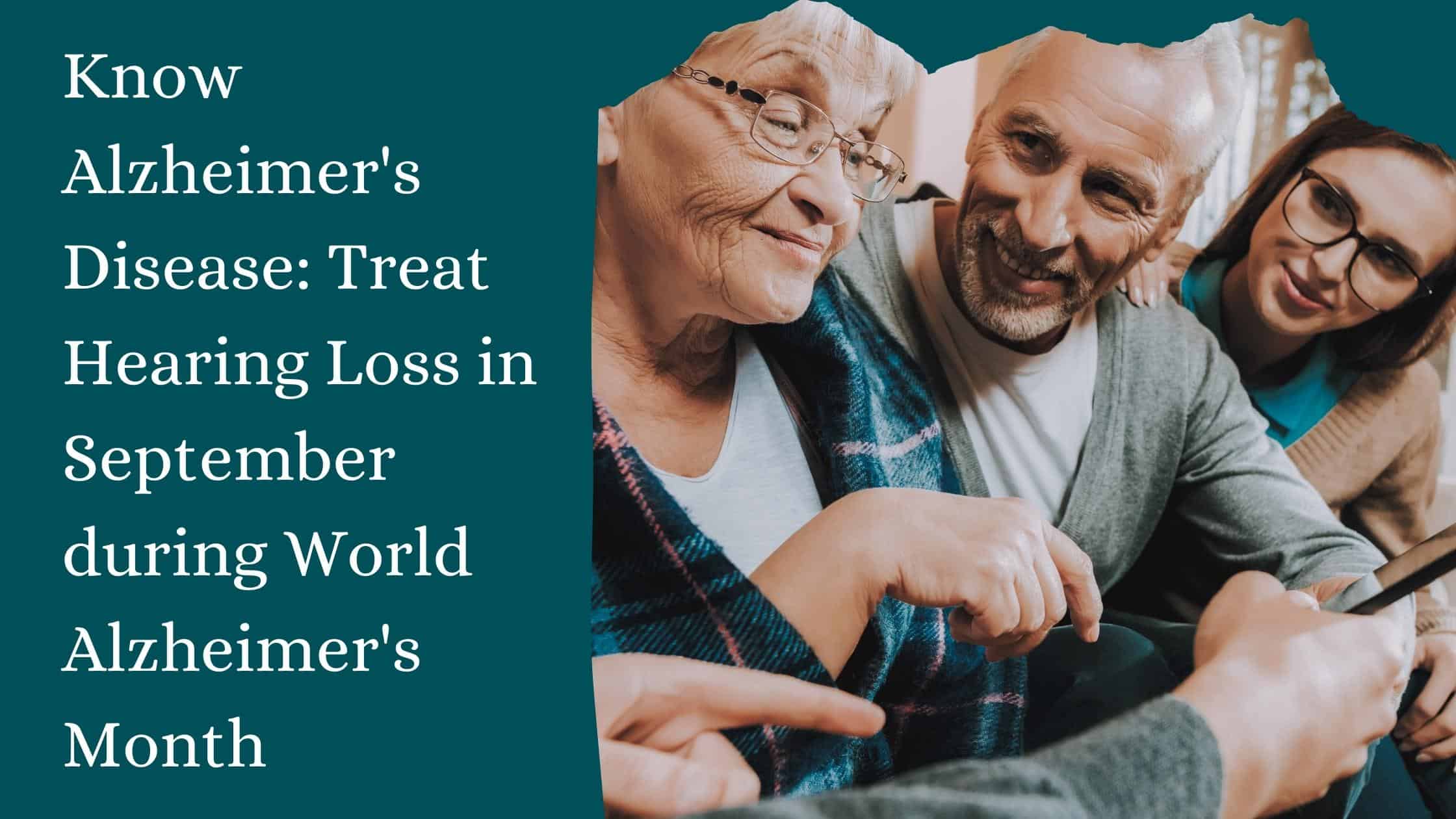Are you or someone you care for dealing with the signs or symptoms of Alzheimer’s? Do you know how to get the help you need or what you are dealing with and what to expect? With 50 million or more people affected by this condition, it’s important to understand that you are not alone and there are resources available to help.
September is World Alzheimer’s Month, founded by Alzheimer’s Disease International (ADI), to raise awareness, and advocate all month long for the millions of people worldwide affected by this degenerative brain disease. The first step in fighting this condition is education. Read further for information on Alzheimer’s and other forms of dementia and how to help slow or prevent it.
What is Alzheimer’s Disease?
The most common form of dementia, this neurodegenerative disease degrades your memory, cognitive abilities, and emotional regulation over time. While it isn’t understood exactly why this condition occurs it most commonly affects people over the age of 65. It occurs as brain cells become damaged and can no longer communicate with one another. Everyone experiences Alzheimer’s slightly differently, but as the disease progresses, you or your loved one with Alzheimer’s will struggle to communicate, become easily confused, and cease to be able to perform daily tasks.
In the late stages of the disease patients require 24/7 care which puts emotional and financial strain on family and friends.
Causes and Risk Factors for Alzheimer’s Disease
There isn’t a single cause of Alzheimer’s disease. It most likely develops from multiple factors, such as age, genetics, lifestyle, and environment. One important factor is age. Those 65 and older are the most at risk for this condition and the risk doubles every five years. After age 85, the risk reaches nearly one-third!
A 2020 update to the Lancet Commission report on dementia prevention, intervention, and care outlined 12 potentially modifiable risk factors to prevent or delay up to 40% of cases of dementia. Modifiable risks are those which can be changed, especially if done early enough. These include:
- Mid-life hearing loss
- Education
- Traumatic brain injury (TBI)
- Hypertension
- Physical inactivity
- Diabetes
- Excessive alcohol consumption
- Weight control and obesity
- Smoking
- Depression
- Social contact
- Air pollutants
Linking Hearing Loss and Alzheimer’s Disease
It is important to understand that the entire body’s health is connected. Therefore it is so important to treat hearing loss. Studies suggest that hearing loss causes brain changes that raise the risk for dementia. For one thing, as hearing loss progresses, it becomes more and more difficult to hear certain parts of words or sentences. The brain must strain to fill in the gaps. This leads to brain fatigue, over a simple social interaction. It is common for people to be more prone to social isolation when they suffer from hearing loss. When the auditory nerve of the brain grows inactive, it results in tissue loss and changes in brain structure causing brain atrophy.
These changes in the brain can increase the likelihood of dementia and cell damage. Hearing loss also causes people to strain to hear, all day long. It has been found that this can deplete an individual’s mental energy and takes away brain focus needed for other crucial functions. These are similar to those affected by dementia, such as remembering, thinking, and social behavior.
Hearing Aids In the Fight Against Dementia
While there is no way to reverse most forms of hearing loss it can be effectively treated with the use of hearing aids. These amazing electronic devices amplify sound, making it easier for you to hear the people around you and the sounds in your environment. This improves independence and self-confidence. Over time, a person who has suffered from untreated hearing loss for years will find that they can start to rebuild emotional connections in strained relationships and improve physical health as they feel more comfortable being active and on their own.
Scheduling a Hearing Test Today
Early identification and treatment of a hearing loss directly can improve your quality of life by helping you to connect and re engage in life again. Most importantly, addressing hearing loss as soon as possible, can help you prevent the risk of developing significantly or at all. If you are 65 or older or just suspect you may have a hearing loss, use this month to schedule an appointment and address hearing loss now, and fight Alzheimer’s Disease, all at once!

